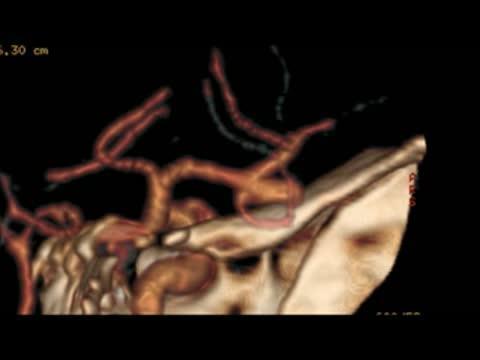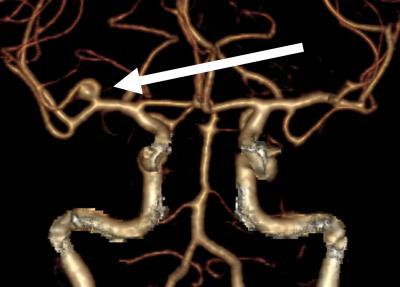But why have previous studies not reached these same results if they are so obvious?
"It is difficult to conduct reliable epidemiological research in brain aneurysms. The past 10 years have seen a distortion in the field due to a very limited group of researchers determining the direction for research. Now the situation is clearly changing, and clinically reasonable, population-based studies using non-selected data are on the rise again," states Docent Miikka Korja of the HUCS neurosurgery clinic.
Finland has a strong tradition of studying the prevalence, risk factors and care of brain aneurysms, and the Helsinki University Central Hospital is one of the world's leading units to provide treatment for brain aneurysms. Major studies in the field published by Finnish researchers include the world's most extensive twin study on the hereditability of subarachnoid haemorrhage, the largest follow-up study on subarachnoid haemorrhages among diabetics, the most extensive study on the life expectancy of subarachnoid haemorrhage survivors and a study on the risk factors for subarachnoid haemorrhages using the most extensive population data.

This video depicts microneurosurgical clipping of an unruptured intracranial aneurysm,
which is arising from the bifurcation i.e. branching point of two right
middle cerebral arteries.
In brief, the aneurysm locates in this case between the frontal and temporal brain lobes, and therefore it can be
reached by sharply cutting normal membranes between the frontal and
temporal lobes. This microneurosurgical dissection opens a natural corridor leading to the aneurysm. One aneurysm clip occludes the neck of the aneurysm and the aneurysm cannot rupture anymore. The normal brain arteries are left patent. Operated by neurosurgeon, Associate Professor Miikka Korja
(Photo Credit: Miikka Korja / University of Helsinki)

Approximately one-third of all aneurysms and up to one fourth of small aneurysms will rupture during a patient's lifetime.
(Photo Credit: Miikka Korja / University of Helsinki)





Comments